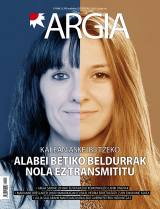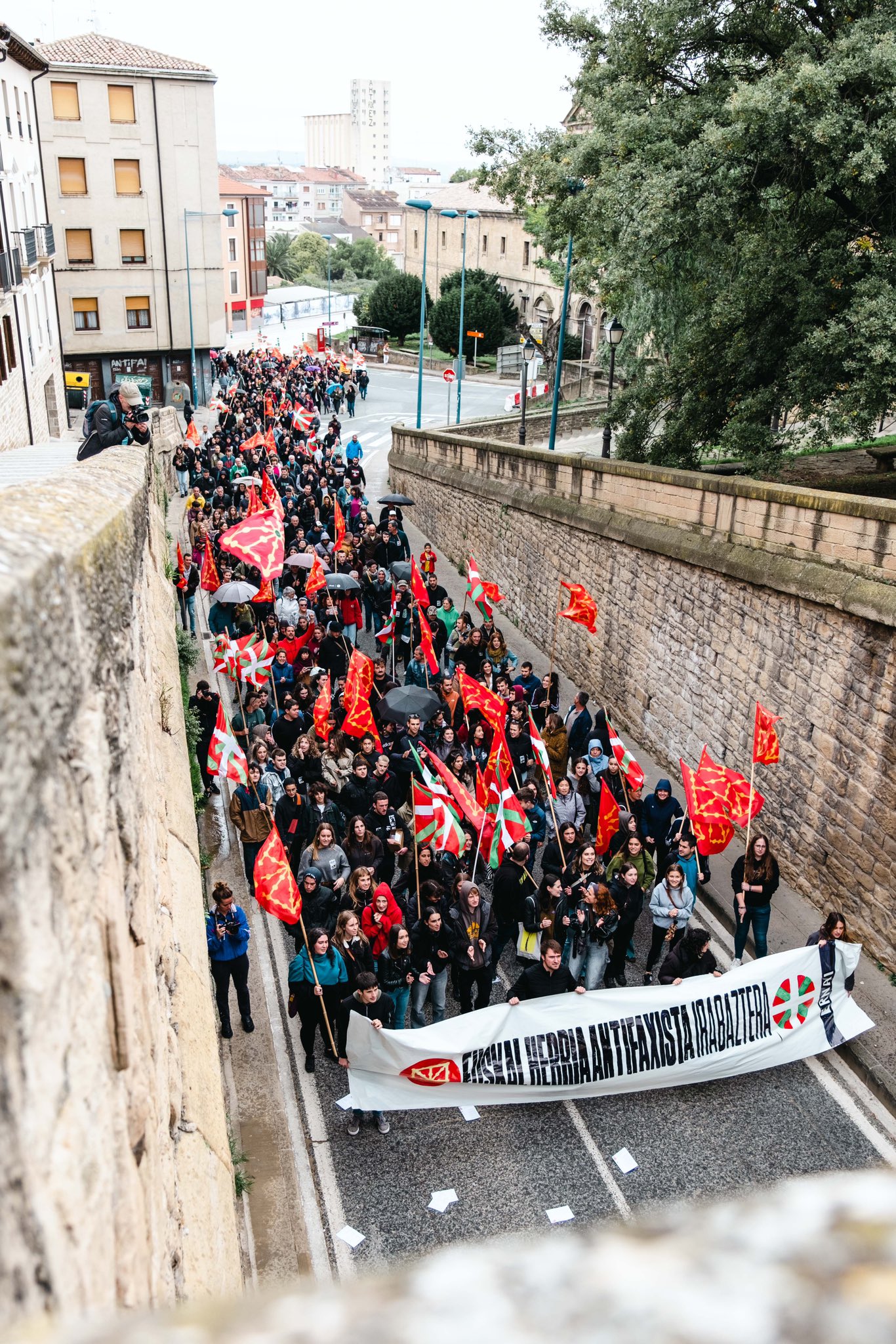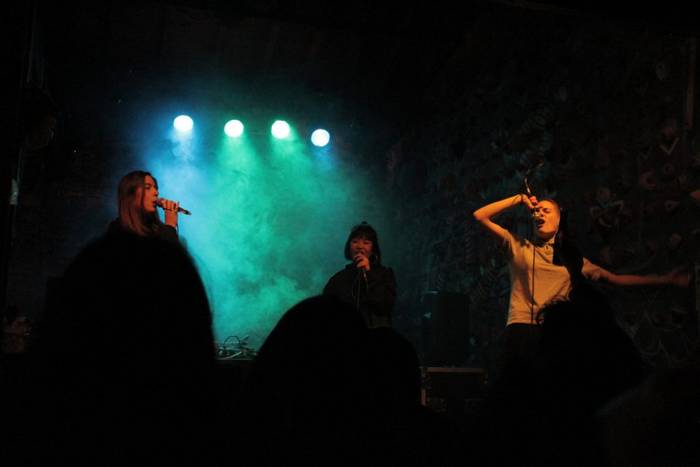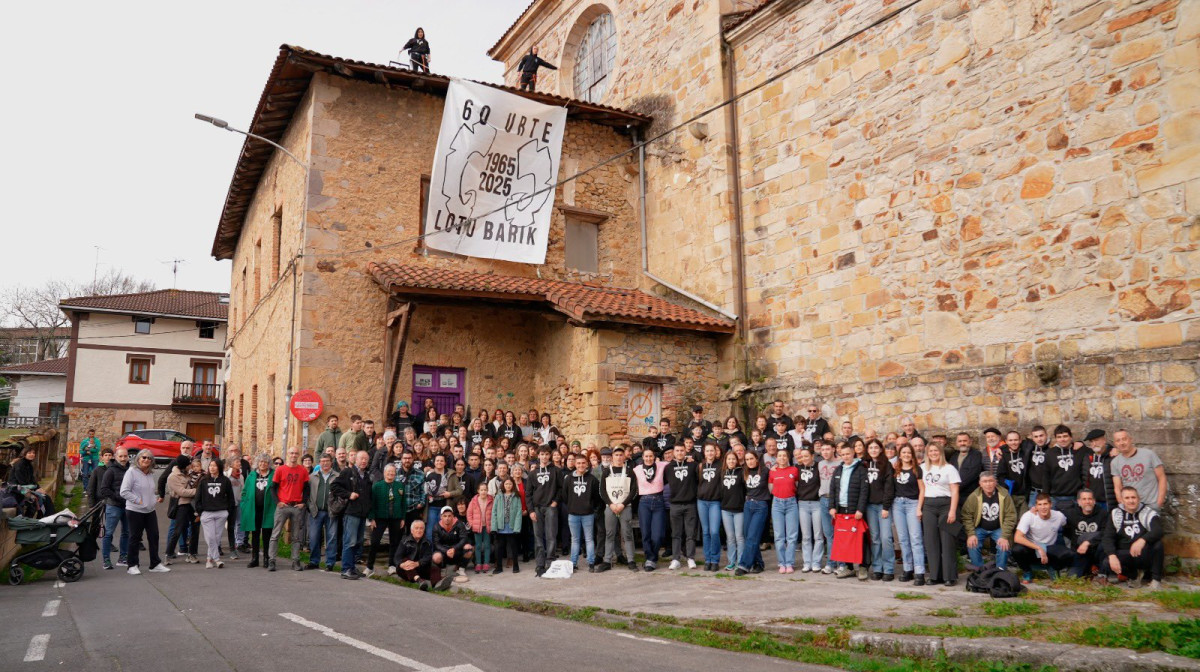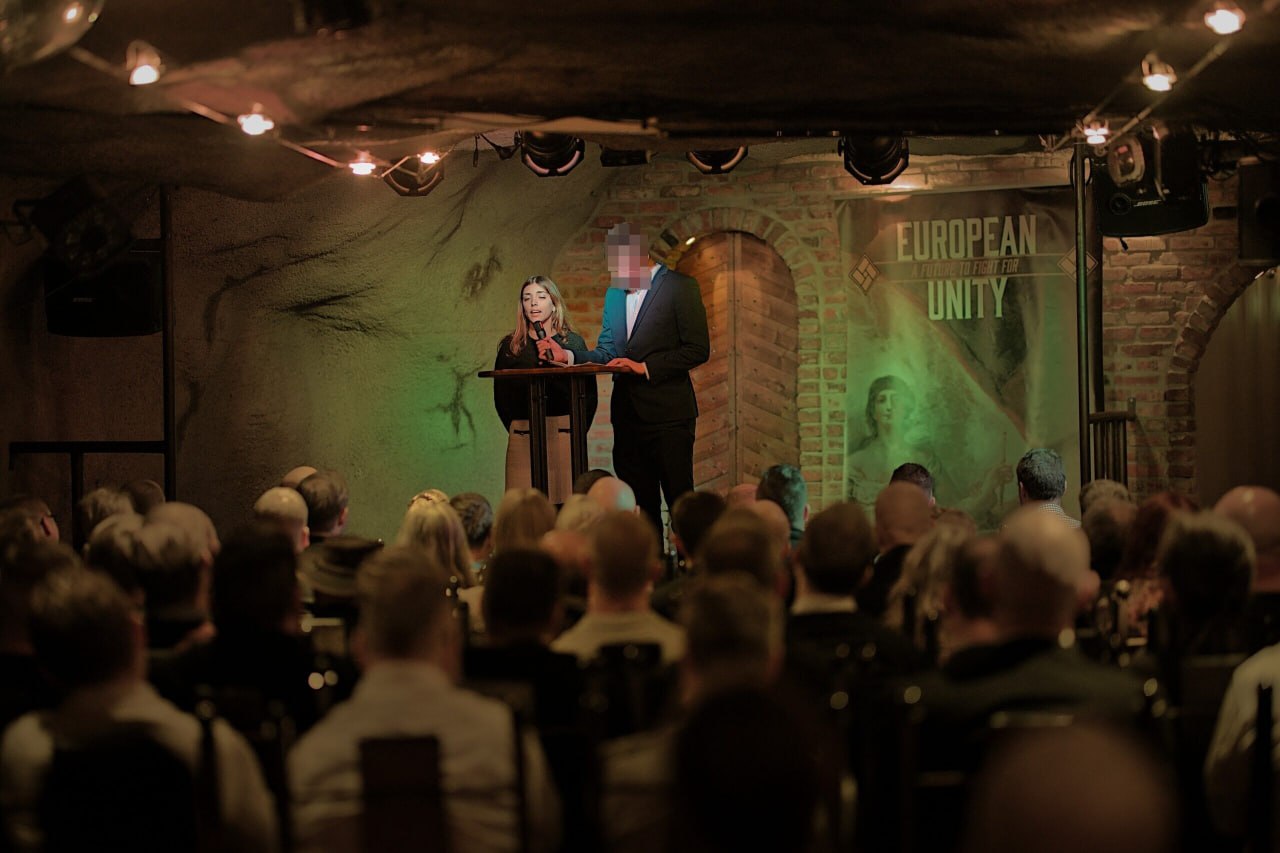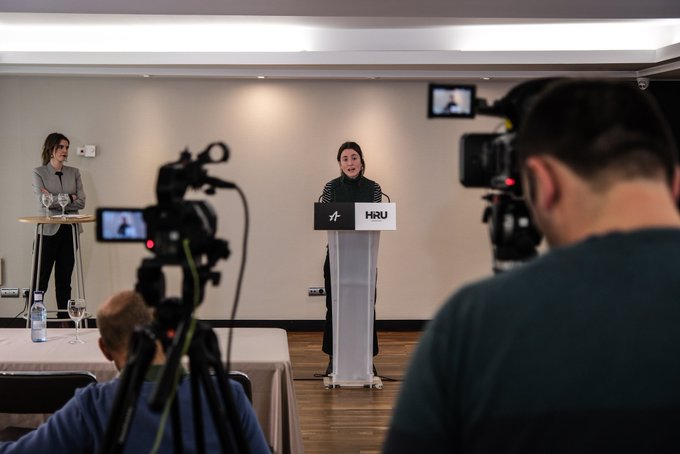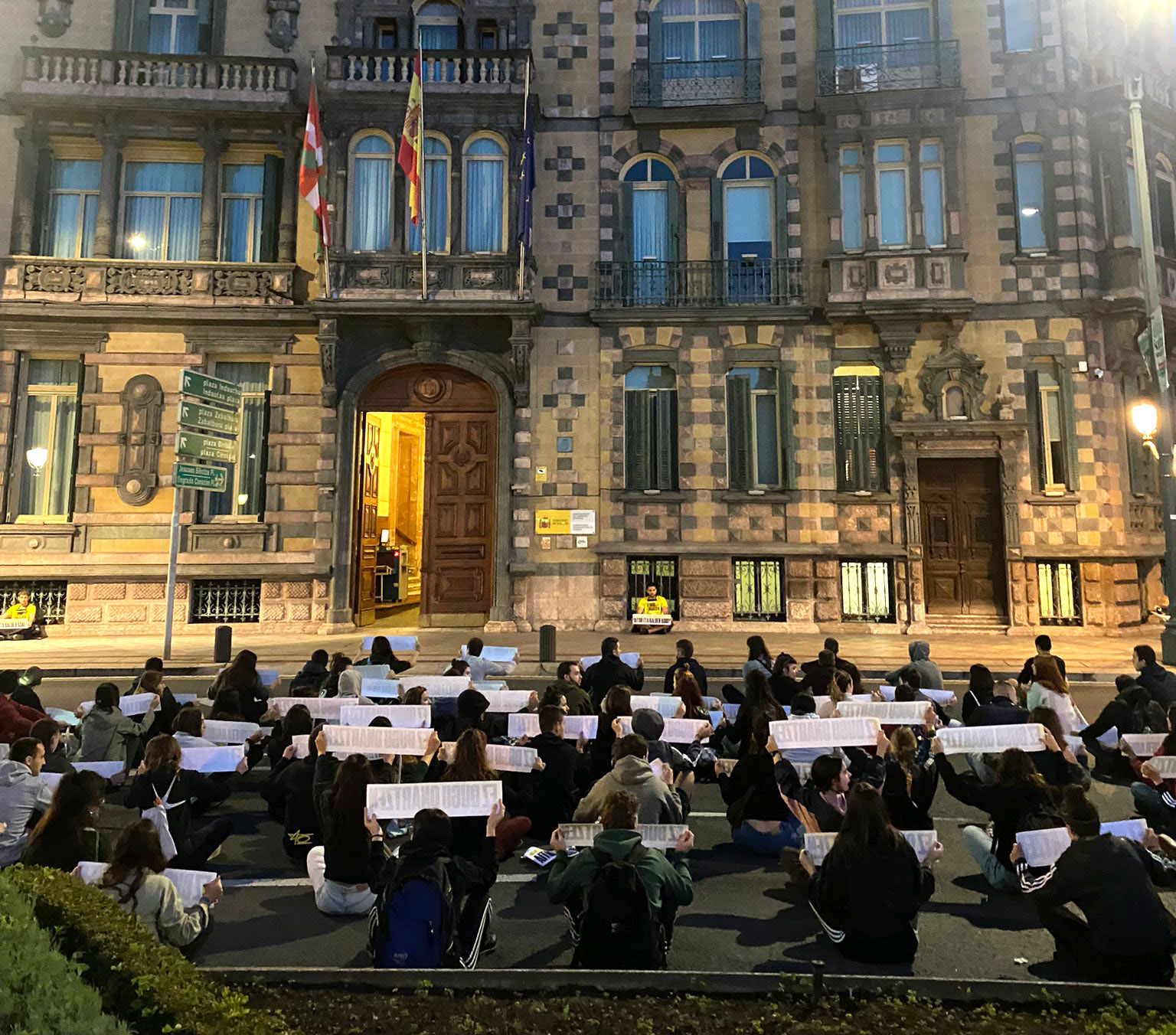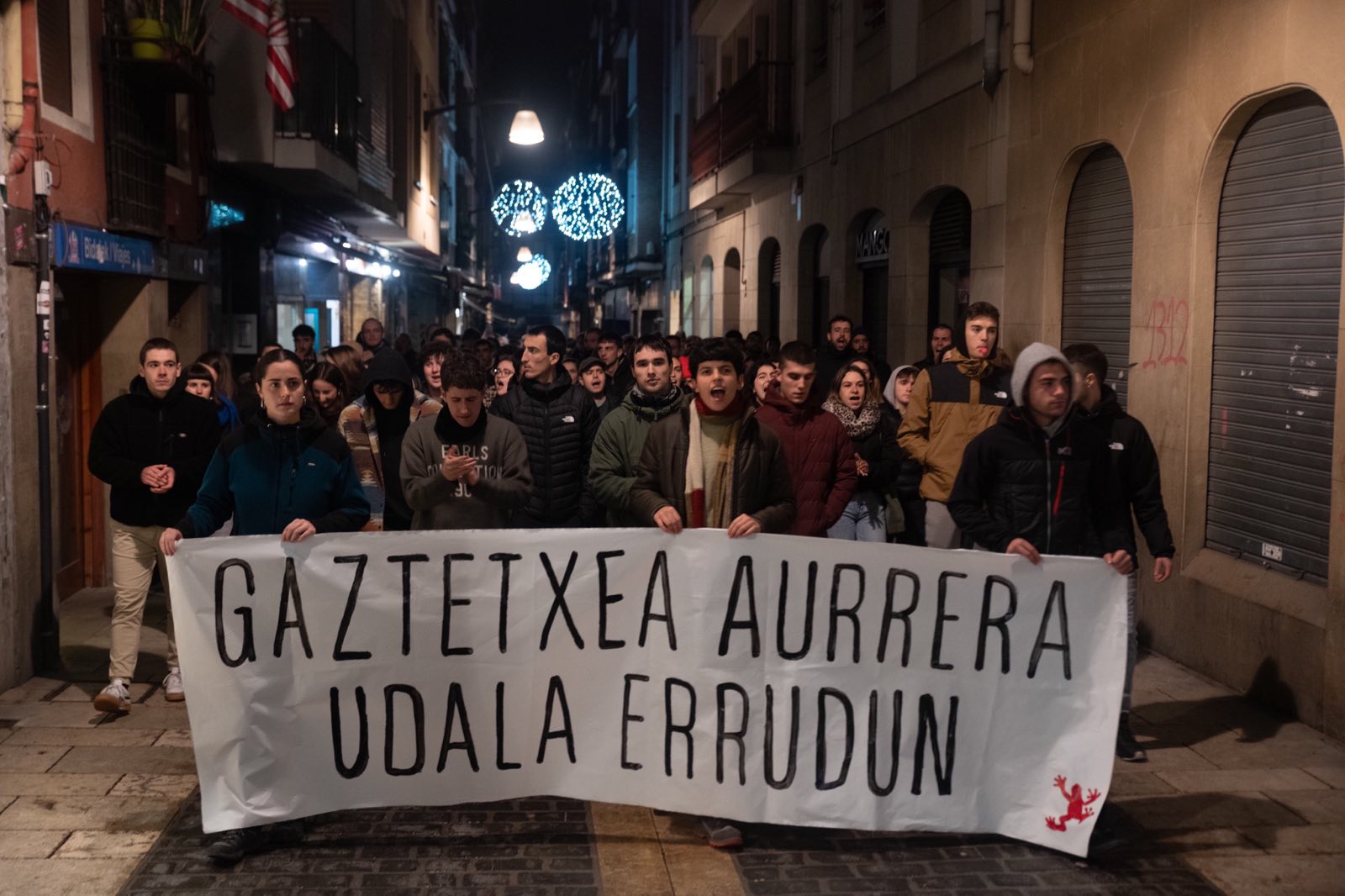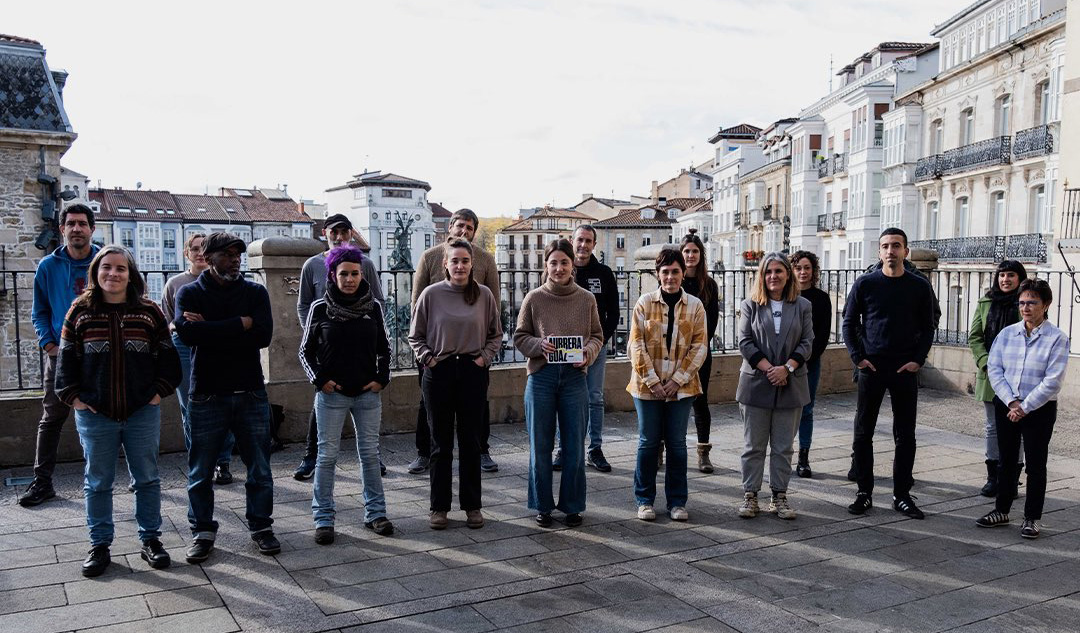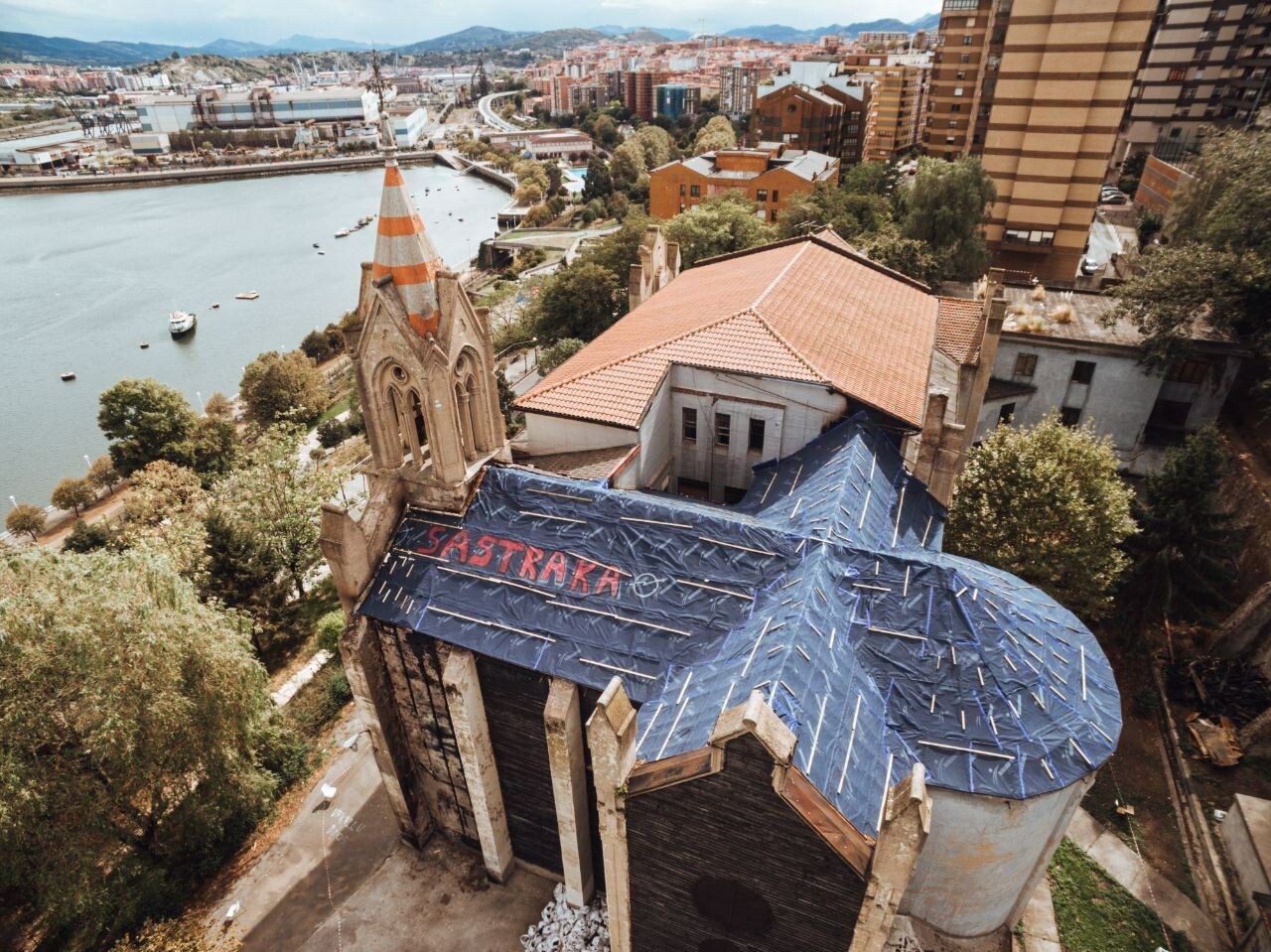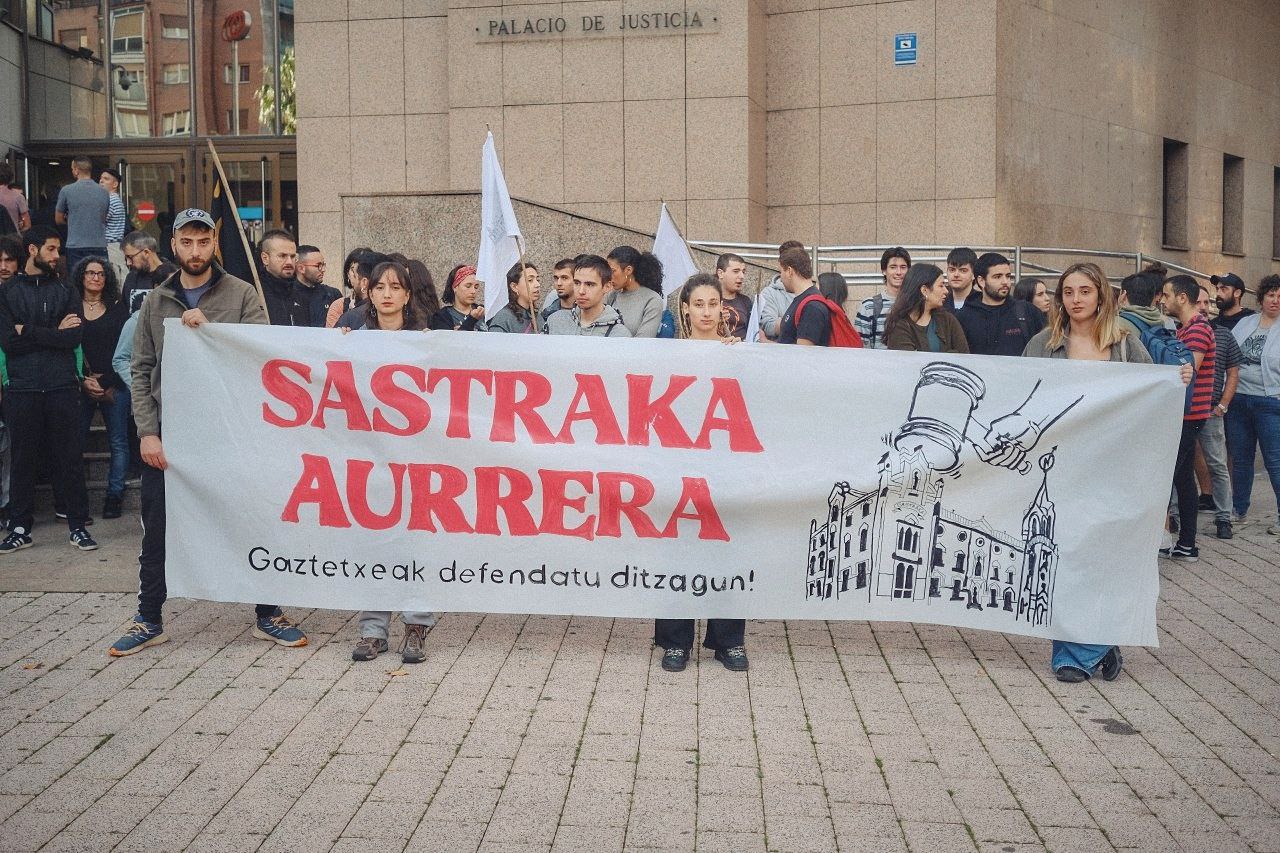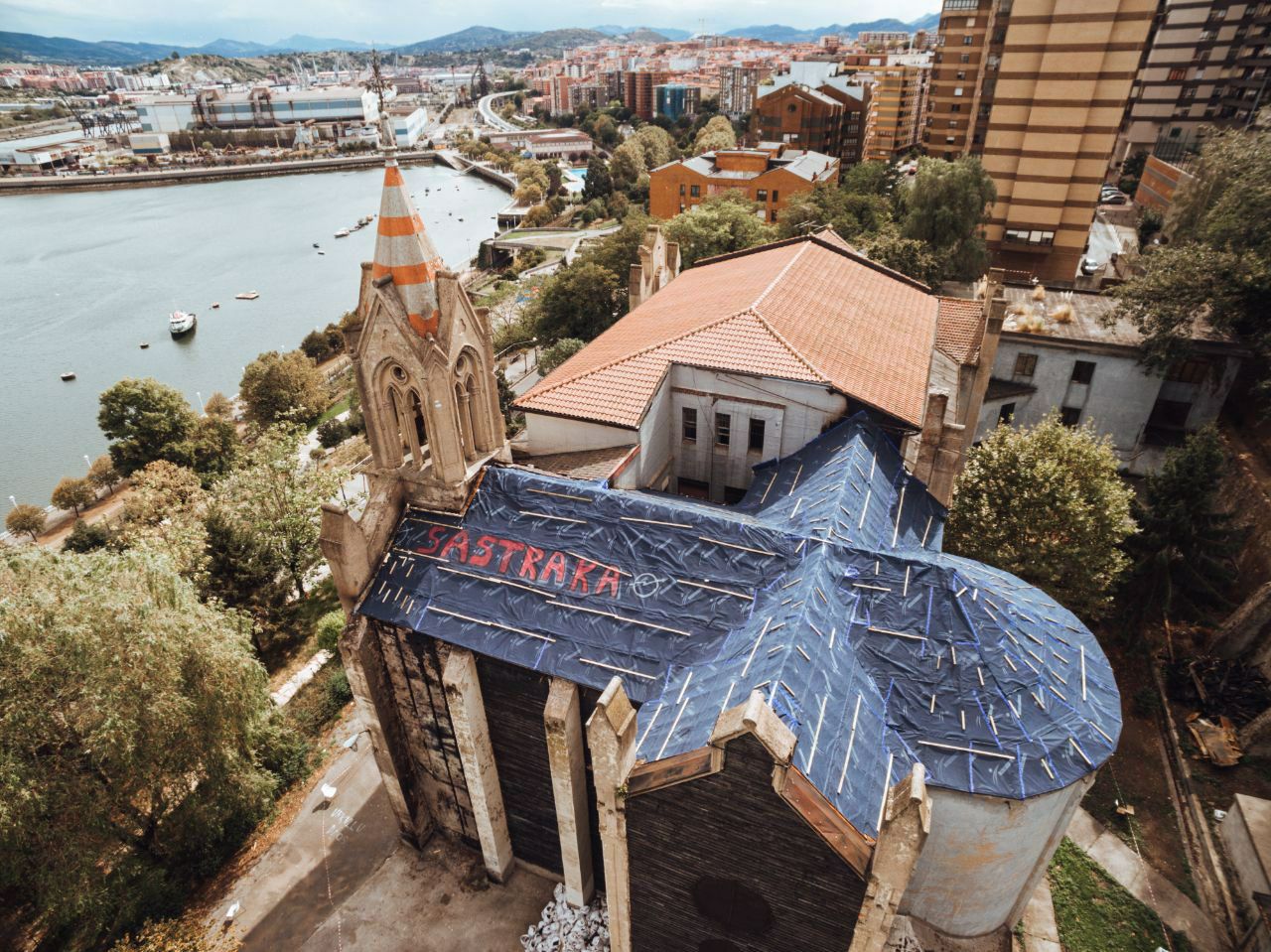From theory to practice, working new projects
- The youth movements have made a qualitative leap into practice. The one-year work put new projects on the table at the Youth Meetings held on the second weekend of December in Barañáin. A thousand young people from all over Euskal Herria met to analyze and draw conclusions about the next steps that the youth movements should take. Xalbador Ramírez told us what was said and what is intended for the future.

The work has been divided into twelve groups: creation, work, communication, sport, public holidays, youth movement, feminism, Basque, housing, food sovereignty, education and self-defense. Each one along its way, to identify discussions and work on possible projects.
To start looking for the origin of the meetings, we have to go back one more year, until December 19, 2015. Then, in the recovering factory Firestone de Añorga, about 60 young people came from different projects. The young people chose to create “real alternatives”.
After several months of work, in October they celebrated the “Day of Transversality”, with the aim of publicizing the projects carried out by each working group. The basis of what they would be working on in December in Barañain. “We wanted to know what projects all the participants would discuss,” explains Xalbador Ramírez, who has worked since the first day of the project.
During this time, “good and bad” groups have been autonomous, according to Ramirez. Moving each one at their own pace and according to their needs. The group that has worked on feminism has had four subgroups of about five people and four other members in total. “We have to reflect on the organizational model,” he says, “to take into account the good and bad things that exist in that horizontality.”
According to Ramirez: “We did not want a project that could only be carried out in discussions, that has already been done before.” From the outset they took two fundamental pillars: self-management and youth. Youth movements have moved around leisure and culture, and in other areas the need to work “through self-management” is also highlighted. The other legs of the project are young and have considered it essential to organize according to their needs: “Young people have specific needs. Thus, we consider that the construction of youth power is a process that leads us to assume and enforce our economic, cultural, social and political lives”.
Concrete projects for specific needs
Each working group has launched its own projects, a total of eighteen. When it comes to reviewing these issues, we have had Ramirez as a guide:
Gaztetxe Movement: We have explained earlier that it has focused on leisure and culture, so the “redefinition” group was created. To do so, they want to take steps for the whole youth movement, starting from the cultural movements that are at the base.
Food sovereignty: often in society, even in youth movements, the way to eat is set aside, due to ignorance or comfort. Therefore, this working group aimed to guide farmers in the Basque Country. It is a project to guarantee food sovereignty in the activities carried out around youth movements. They want to make a list of the farmers who produce sustainably. The objective is twofold: to involve young farmers and to raise awareness among young people.
Housing: around it two main projects have been created: the guide to create emancipation offices and the house of the homeless. The first, taking into account the close relationship this problem has with others, intends to be a guide for emancipation. Despite being drafted, they seek good use to put themselves in their hands and start working. The Etxegabeon house also follows the same path, through a website etxegabeonetxea.eus, which allows users to focus on dynamics and projects.
Euskera: The group that created the Euskaldunization Guide has used the words “the language of the oppressed” to define the language. This is already written, waiting to find the best way to use the tool. Euskera is one of the pillars of the struggle of Euskal Herria and for this purpose the movement has to change its attitude towards language, according to the authors.
Feminism: the working group that has been integrated in this work has been the largest, the thought it needs of the “soil of revolution”. They have done a three-legged work: a virtual platform on the subject, a guide to collective health and feminist colonies. Through the virtual platform, personal and material resources are collected, supported by a forum for reflection and debate. Despite arriving at Barañain without a concrete project, the group left there to continue, to unite the different agents of Euskal Herria.
The group health guide has a clear objective: “A model of sustainable militancy.” It aims to collect the answers to the problems that arise in the movements of young people. On the other hand, there are feminist colonies, a stop to bring young girls together and “create feminist spaces.” Although there is not yet a specific date, the project is already being prepared.
Festive models: on many occasions the need to “fight” also in the festivities is stressed. To do so, the group wants to opt for more popular parties, regardless of consumption patterns. They will create a guide to popular holiday commitments that will cover eight areas: music, Basque, participation, producers, garbage, relationships and aggressions, model of consumption and struggle. Each of these areas will have a decalogue for holiday commissions or youth comparisons to use as a “tool for transformation”.
Sports: It is an activity that gives much to talk about within society, especially among young people. Therefore, a group of students from the faculty of the Basque Institute of Physical Education (IVEF) has started to work. It is a report that will serve as a basis for discussion in the field of sport, with the aim of creating safe spaces through alternative models.
Work: In recent years it has become one of the biggest concerns of young people. Young people are facing increasingly precarious situations. The working group has defended a model similar to that of the Mortgage Affected Platform, but which is transferred to the working world. The Basque Government intends to put itself in jail in the face of poor working conditions, to protect unsyndicated workers. For example, the already existing Movement of Self-Defense of the Region of Pamplona and other spaces of precarious young people united in a common framework, working autonomously but with common interests. It is a question of creating a movement against youth precariousness, with the aim of raising public awareness.
Creation: This group left Fireston in search of new models to “enjoy the culture”. Two legs to enjoy music, art or shows: free culture and self-management. The creation of shows is a bilateral work of organizers and creators. Both have rights and obligations. To this end, they believe that a guide to good practice is needed. However, the group's main project is the creators' network, which will bring together self-managed creators from the Basque Country. On the other hand, the use of the portal kulturaaskea.eus as a tool was analyzed.
Education: everything that is the basis of the future has had its own group. In this case, there has been talk in the meetings of the movements and projects that have already emerged to “deepen”. The proposal to create collective schools “in order to develop a liberating approach” has been launched. These are real projects aimed at national construction and social transformation, linking both terms with the university. “From concrete to general approaches”. Ikerbiltza would be linked to this initiative that they intend to create “to structure power from knowledge”. Given the impetus that research can generate in transformative projects, they intend to give them a political and practical value. To this end, the students of the University's final courses will become researchers.
They also intend to create a research laboratory “an entirely new project that reflects on the needs of the young collective”. Joxemi Zumalabe, for his part, will work as a tool to analyze problems and find solutions to problems that arise in popular movements. It has a clear objective: to analyse, identify short- and medium-term gaps and strengthen the movement.
Self-defense: Work has been done to defend youth movement projects. Although no concrete projects are yet under way, the objective is concrete: “defend yourself against any kind of aggression.”
Communication: Everything that has been done has to be communicated and in Barañain they had the need to reflect on it. The communication group has identified Topatu as the main tool and has sought access routes with regional or local projects. Along with this, the creation of the Telebista Gazte would also come, to spread it over the network.
However, in Barañáin the biggest debate was around the figure of the communicative militancy: “Communication is everyone’s responsibility, it’s not something to professionalize.” Considering the value given to militancy in communication, people who have worked as a team feel it is essential to promote a communicative attitude. Thus opening the doors to own projects.
Looking forward
The Gazteria Assembly will continue along the same lines to support and support the lines that have been created. New meetings, thinking that in the future they will open new paths in search of new spaces.
They have welcomed the “complex process” of one year. According to young people, this is a process they have used to test the new molds, “risking”. With the intention of going down the same road, starting with mistakes, but above all with the points they have invented.
The aim of these projects is to create tools for decision-making: “The first great step towards advancing the construction of young power. We were clear that Barañain’s meetings would not be the end of anything.” They intend to work in this direction in all areas. For this they see the need for more tools, “with them it is not enough”. “We have to rely on this philosophy to create long-term projects, beyond leisure and culture,” he says. For these reasons, they put the slogan “we are the alternative”, “because the real alternative depends on youth movements”. Looking to the future, they want to bet on change through the concepts of “popular and youthful power”.
“We see the need for a model of struggle that puts young and popular power at the centre, and we are increasingly clear about where, with whom and how to do it. We are more organized and more conscious,” says Ramirez.
Topatu Video Report
Larrabetzuko Hori Bai Gaztetxeak 60 urte bete ditu. Euskal Herriko Gaztetxe zaharrena da Larrabetzukoa.
Gasteizko Auzitegiko laugarren aretoak ebatzi du Gasteizko isunak bertan behera uztea, eta Bilboko isun batzuk 2.500 eurotik 1.800era murriztea, "gehiegikeria" egon zela argudiatuta. Ernairen arabera, Segurtasun Sailak "arbitrariotasunez" eta... [+]
Pasa den urriaren 30ean, Portugaleteko Sastraka Gaztetxeko bederatzi lagun auzipetu zituzten. Handik egun batzuetara Portugaleteko kaleak hartu zituzten hainbat lagunek gaztetxearen defentsan. Bi egun geroago, fiskalak karguak kendu zituen.







